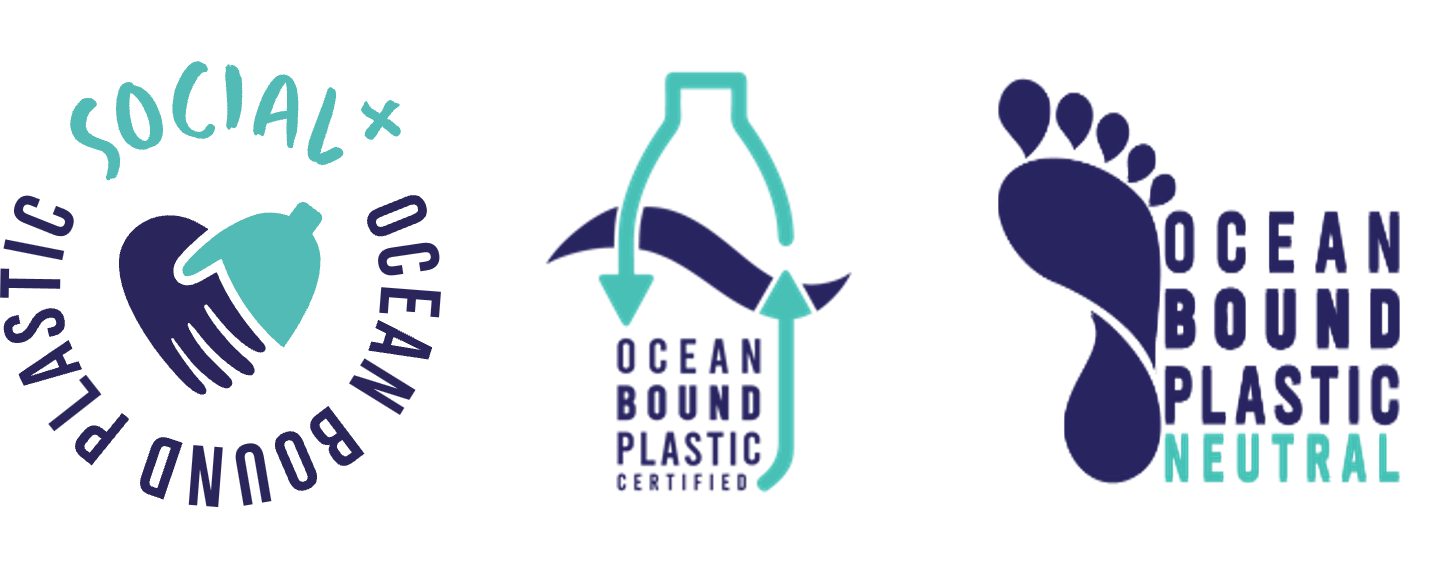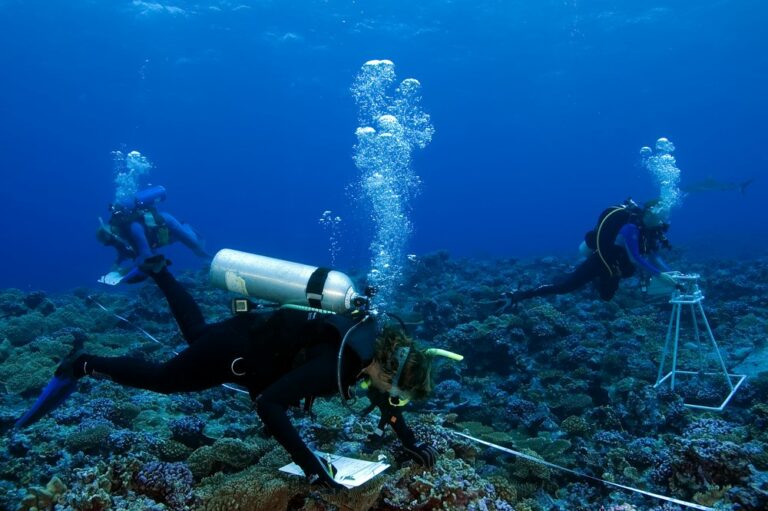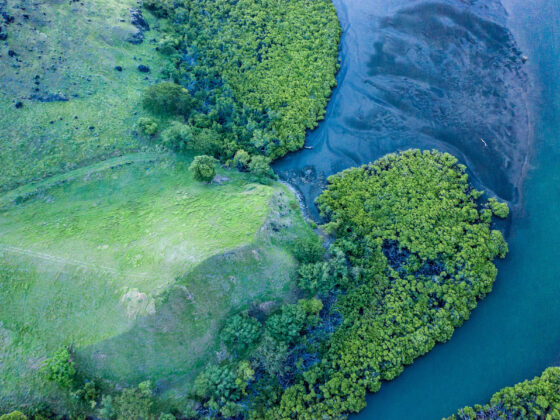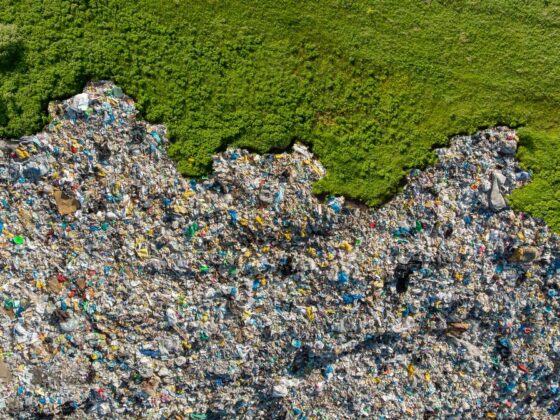How scientists are working to combat plastic pollution in the ocean?
-
Only about 9 percent of plastics actually get recycled, with the rest winding up in landfills and oceans.
-
Scientists are progressing in their research and development of biodegradable plastic alternatives and ways to turn plastic waste into energy.
-
We can help reduce the amount of plastic entering our ocean and keep it clean and healthy for generations to come.
In recent years, ocean science has become increasingly focused on the issue of plastic pollution in our ocean. Scientists worldwide are working hard to develop innovative ideas and studies to reduce plastic pollution. With the sheer amount of plastic waste entering the sea, it is essential to create solutions to combat this environmental hazard.
The first step in combating the plastic pollution issue is to determine the sources of the plastic. Scientists are using satellite imagery and GPS tracking to pinpoint where plastic is entering the oceans from. For instance, a method developed by the University of Michigan maps the concentration of ocean microplastics across the world using satellite data. The researchers used data from eight microsatellites that are part of NASA’s Cyclone Global Navigation Satellite System (CYGNSS) mission. Scientists are also analysing water samples to determine the types of plastic that are present and the levels of contaminants.
Another area of research for ocean scientists is developing ways to turn plastic waste into energy, which can be used to power homes and businesses. One of the most popular processes in converting plastic waste into fuel is called pyrolysis. The resulting products can then be used for a variety of purposes, such as producing fuel, or in the production of new items. In a series of lab experiments, researchers in Singapore successfully converted plastic into formic acid — a chemical that can be used to generate electricity in power plants and electric cars.
Additionally, scientists are working to create a global alliance to reduce plastic pollution. Through the UN Decade of Ocean Science for Sustainable Development, science is promoted as a unique way to improve conditions for sustainable development of the ocean. Scientists from all around the world are invited to meet and exchange their best practices and latest discoveries. This collaboration will bring together experts from various disciplines to tackle the issue from multiple perspectives.
If these innovations and research are highly important to understand how to recycle or collect plastic already produced, NGOs and communities have a significant role to prevent plastic reaching the ocean. To turn plastic waste into energy and other valuable products, to prevent plastic pollution from entering our oceans, and to develop methods of collecting and recycling plastic waste, we are all working towards a future where the environment is free from plastic pollution.
